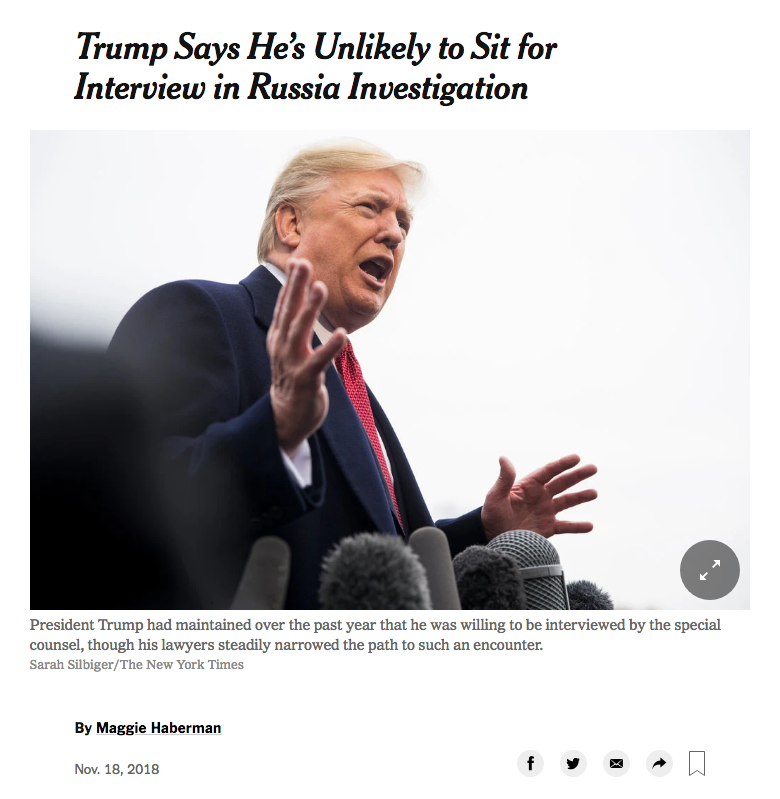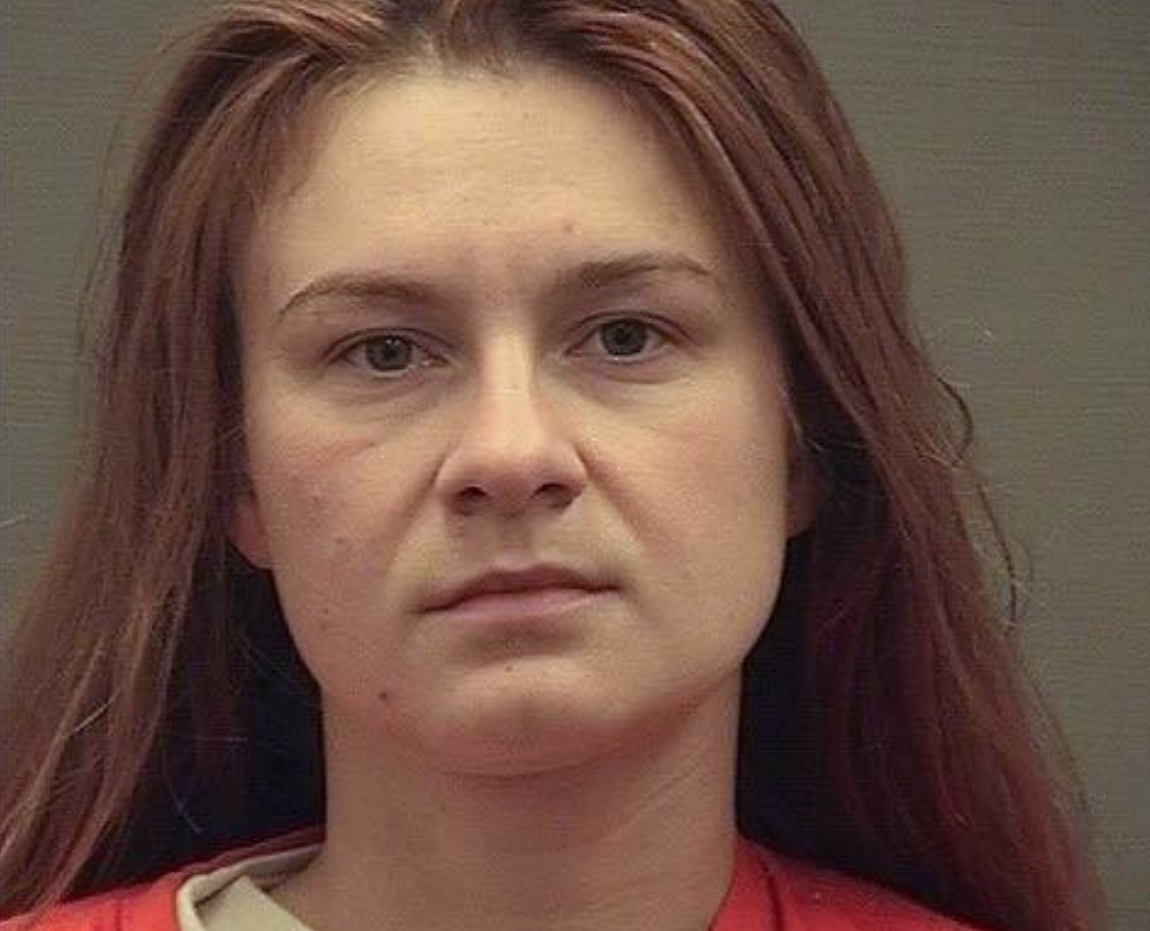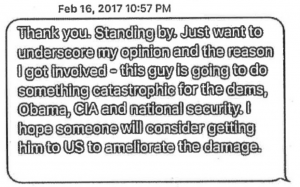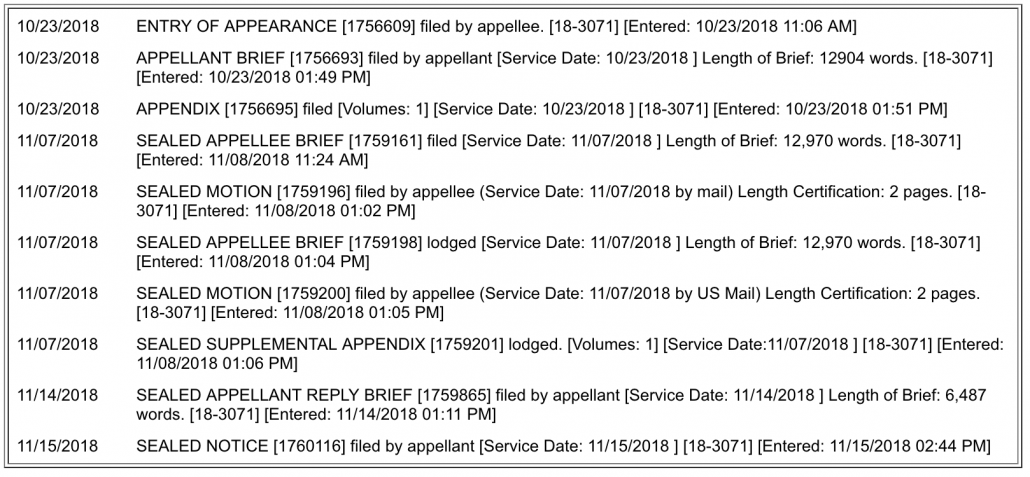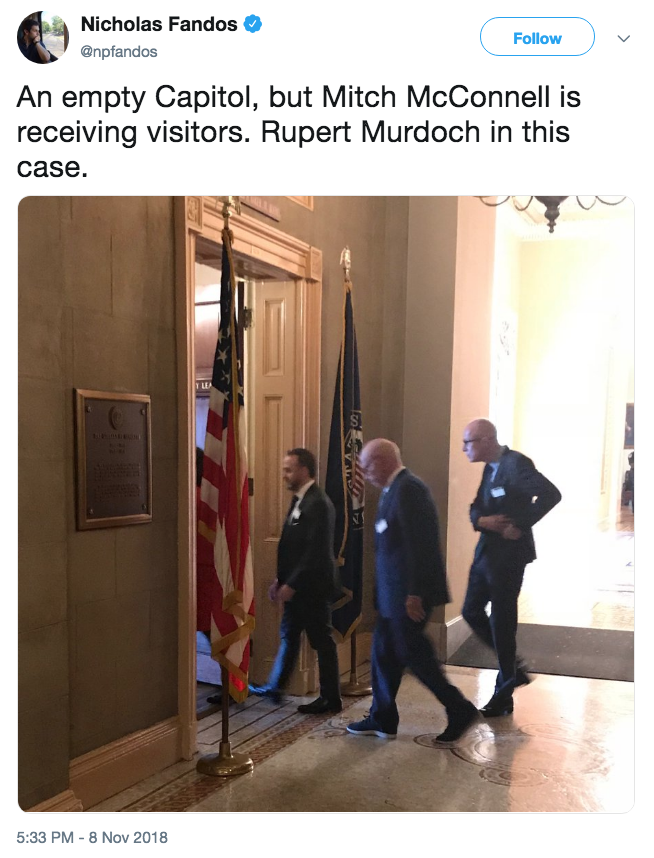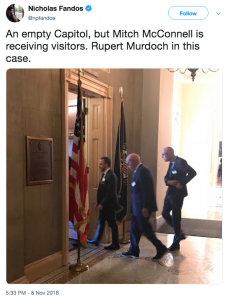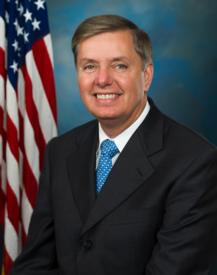After a Year of Page Views for Credulous Reports Trump Wanted to Do Mueller Interview, NYT Gets Page Views Admitting He Won’t
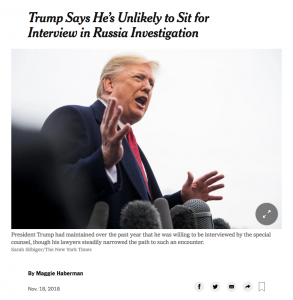 President Trump told a lot of lies in his interview with Chris Wallace yesterday. He lied when he claimed he didn’t know Matt Whitaker opposed the Mueller investigation when Trump hired him (he even suggested there was some ambiguity in Whitaker’s attacks on Mueller). He lied when he claimed Georgia’s gubernatorial race was stacked against Brian Kemp, who cheated to win it. He lied when he claimed no one believes in the First Amendment more than he does. He lied when he claimed no one had done more for the military than he has (after saying “I really probably assumed [skipping an appearance at Arlington on Veterans Day] was fine”).
President Trump told a lot of lies in his interview with Chris Wallace yesterday. He lied when he claimed he didn’t know Matt Whitaker opposed the Mueller investigation when Trump hired him (he even suggested there was some ambiguity in Whitaker’s attacks on Mueller). He lied when he claimed Georgia’s gubernatorial race was stacked against Brian Kemp, who cheated to win it. He lied when he claimed no one believes in the First Amendment more than he does. He lied when he claimed no one had done more for the military than he has (after saying “I really probably assumed [skipping an appearance at Arlington on Veterans Day] was fine”).
In other words, that interview was just like every other interview Trump does, an opportunity to float lies and have them treated seriously.
Which is why I’m amused by the headline takeaway NYT Maggie gave the story, treating Trump’s assertion that he won’t sit for an interview with Mueller’s team as a reversal.
President Trump said in an interview aired Sunday that he most likely would not sit for an interview with the special counsel, Robert S. Mueller III, asserting that “we’ve wasted enough time on this witch hunt and the answer is, probably, we’re finished.”
[snip]
His comments on the Mueller investigation marked an apparent reversal from a year of claiming that he was willing and eager to be interviewed by the special counsel, who is investigating possible collusion between the president’s campaign and Russian officials during the 2016 election. Mr. Trump’s legal team has blanched at the idea, fearing that the president might lie under oath, and has steadily narrowed the path for such an interview.
Of course, it’s not a reversal at all. Since at least March (when Mueller indicated to Jay Sekulow his questions would reflect real knowledge of Trump’s awareness of a conspiracy with the Russians), Trump and his advisors have been involved in a game whereby they used the press — starting with Maggie — to sustain a claim of cooperation when in fact they were really stalling.
A more honest headline might read, “Trump confirms we got taken as chumps.” Instead, the NYT will get some more page views without admitting that they’ve been getting page views for most of a year on reports that were not credible.
And that stalling is one of the aspects of the Mueller part of Wallace’s interview that is interesting. While Trump initially adopts the present progressive that Wallace uses to ask a question about Trump’s open book test, elsewhere he describes having completed the questions. He even asserts he’ll be handing them over “very soon.”
WALLACE: Your team is preparing written answers to questions about–
TRUMP: No, no, no, not my team. I’m preparing written answers. My — I — I’m the one that does the answering. Yes, are they writing them out?
WALLACE: Yes.
TRUMP: Yeah. They’re writing what I tell them to write.
WALLACE: Are they going to be submitted?
TRUMP: At some point very soon, yes. I’ve completed them.
WALLACE: So you’re — you are submitting—
TRUMP: And it wasn’t a big deal. By the way, it wasn’t a big deal. The answers — the questions were asked and answered. It wasn’t a big deal. You know, they make it like I had meetings for many, many hours — I got the questions, I responded, we wrote them out, I read them once, I read them a second time, we made some changes, that’s it. They’re very simple.
WALLACE: OK.
TRUMP: You know why? I did nothing wrong.
WALLACE: Here’s my question, though. You are submitting written answers–
TRUMP: Yes.
WALLACE: –to the special counsel about the issue of collusion but not on obstruction of justice?
TRUMP: Well there was no obstruction of justice.
WALLACE: I — I’m — let me — if i might, sir, just ask–
TRUMP: I think they’d probably agree with me.
WALLACE: If I may ask the question–
TRUMP: And all you have to do is look at Article II.
WALLACE: Is that your final position, that there’s going to be no sit-down interview and nothing written or in person on obstruction?
TRUMP: I would say probably. Probably. I mean, I can change my mind, but probably. I think we’ve–
WALLACE: No interview?
TRUMP: I think we’ve wasted enough time on this witch hunt and the answer is probably, we’re finished.
WALLACE: What are the odds? One in a hundred? What–What?
Trump has been stalling on answering these questions for weeks, first by failing to complete them before the election, then further stalling until Matt Whitaker got OLC’s approval to serve as Attorney General. At least from what he said to Wallace, he is now ready to hand them in, perhaps in a belief that Whitaker has a plan to kill the investigation once that happens (which might be why he said “we’re finished”).
I’ve said from the start that these questions may be the last step Mueller has before rolling out what he has been working on.
[T]his agreement may have as much to do with preparation for the post-election period in which Mueller can roll out any indictments he has been working on and Trump can start firing people. That is, before he makes any big moves in the case in chief, he has to get Trump on the record in some form or other. Better to get him on the record in sworn written statements than launch a subpoena fight that will last past that post-election period.
And one possible explanation for the fairly odd delay in submitting a status report in Paul Manafort’s case is that Mueller doesn’t want to say anything about Manafort’s cooperation until after he has Trump’s sworn answers.
So while Trump didn’t say precisely when he was going to turn in his overdue open book test, he at least asserted that he will do so.
The NYT headline probably should have read, “The 11-month NYT-assisted stall will soon be over.”
Update: As linked above, in a post trying to lay out the possible reasons why Mueller would delay a status report on Manafort until November 26 is that he wanted to get Trump’s answers before releasing the status report.
Politico reports that Trump may turn in his open book test tomorrow, before he heads to Mar-a-Lago for Thanksgiving.
Trump’s lawyers set an informal Thanksgiving deadline for the president to finalize his responses on topics surrounding the Russian hacking of the 2016 election, and he’s almost ready to submit them, according to two sources familiar with the conversations.
The president’s written answers — which carry the same legal burden for truthfulness as an in-person interview — are likely to be submitted as Trump settles into his Mar-a-Lago club in South Florida for the Thanksgiving holiday. Trump is scheduled to depart Washington, D.C., on Tuesday afternoon.

